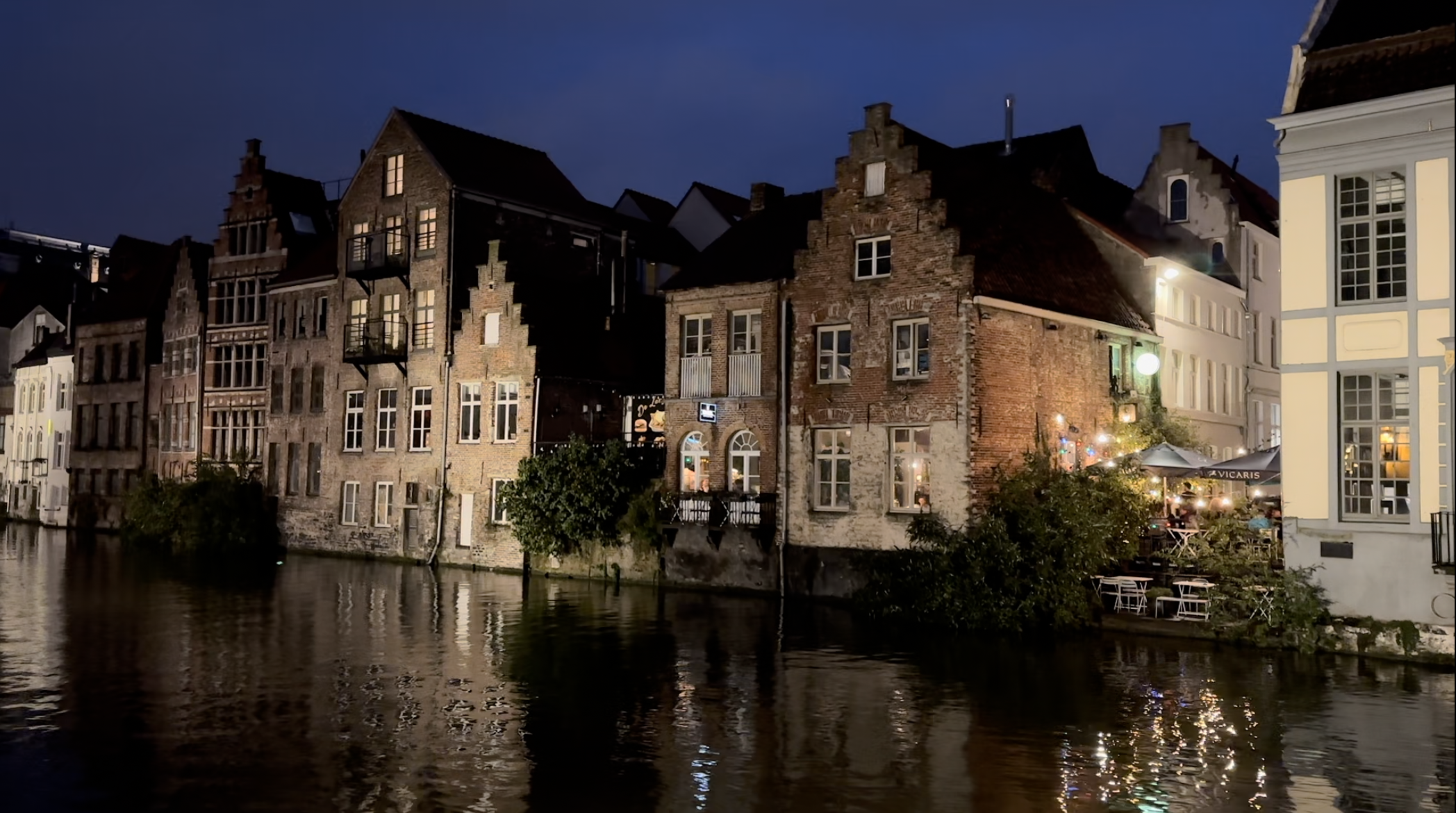deCYPher is a new European Horizon project that seeks to merge synthetic biology with artificial intelligence and machine learning. Launched with a kickoff meeting in Gent, Belgium, representatives of 10 partners from 6 European countries came together to discuss deCYPher’s ambitious goal: overcoming hurdles to produce valuable compounds (usually extracted in small amounts from plants) in industrial biotechnology – specifically terpenoids and flavonoids, natural compounds that encompass about 30.000 different chemical substances.
Terpenoids and flavonoids are traditionally extracted from plants and have been given much attention due to their importance for a variety of applications and markets, including pharmaceuticals, fragrances, flavours, food preservatives, and insecticides. However, only a tiny fraction of these large and versatile groups of compounds can be commercially extracted from plants, and due to their low contents within the plants such commercial processes require unsustainable large-scale field cultivation. The diversity of terpenoids and flavonoids stems from multiple variations on common molecule structures, which for a majority comes from oxygenation carried out by a vast family of enzymes called Cytochromes P450 (often dubbed CYPs). Terpenoids and flavonoids illustrate once more the complexity involved in biological processes and the difficulty of decoding and re-engineering them in a lab, not to mention at industrial and commercial scales.
“Artificial intelligence and machine learning advances reduce the design possibilities to the most probably ones and can discover new-to-nature solutions,” noted project coordinator Marjan De Mey.

On top of its contribution to decode nature’s building blocks and processes, deCYPher will apply an innovative and holistic approach that seeks to innovate how bioprocesses are developed. deCYPher will develop a standardised artificial intelligence (AI) and machine learning platform for biotech applications as well as guiding bioprocesses across all steps of the development chain. Drawing on specific targets for case studies (and decoding CYPs), deCYPher plans to methodically work on taking bioprocess design and control further from an art form to a reproducible and sustainable system.
Biofaction will not only take care of the communication tasks, but also support stakeholder relations and carry out a participatory citizen science process to identify terpenoid and flavonoid compounds with a very positive impact on sustainability. Biofaction will also stimulate a philosophical and ethical reflection about the convergence of AI and synthetic biology, and support art-science collaborations to explore new perspectives on this convergence.
Details and figures at a glance:
- The deCYPher project is a Horizon Europe project, which received 6 million Euros in funding, was launched on September 1st 2023, and is scheduled to run for the next 4 years.
- The project is led and coordinated by Ghent University and brings together 10 partners from 6 European countries: 5 research and technology organisations (UGent, CSIC, Stichting Wageningen Research, Barcelona Supercomputing Center, VIB), 3 small and medium-sized enterprises (ML6 Skyhaus, Biofaction, Lantana Bio), 1 large enterprise (Isobionics), and 1 civil society organisation (Finnish Bioart Society).
For more information contact:
Marjan De Mey, Project Coordinator
+32 472 46 45 95

